Shame can feel like an invisible weight, holding you back from living your best life. But what if you could break free? How to heal your shame? These 10 powerful steps will help you heal your shame, rediscover your confidence, and step into a brighter, more authentic you.
Shame is a complex emotion that can significantly impact our mental health and well-being. If you’re looking for ways to heal shame, you can try many different approaches.
Here are some ways you can heal this wound.
10 Liberating Ways to Heal Your Shame
1. Practice self-compassion
It’s important to practice self-compassion in our daily lives. We often forget to be kind to ourselves and beat ourselves up over our mistakes and shortcomings.
However, treating ourselves with the same kindness and understanding that we would offer to a friend can positively impact our mental health and well-being.
Related: 7 Steps To Heal Toxic Shame: Reclaiming Your Self-Worth
2. Seek out help and support.
If you’re experiencing intense feelings of shame you can’t work through alone, seeking a trained professional can be a helpful step towards feeling better.
A mental health professional can provide tools and strategies to manage your feelings and improve your overall well-being.
Finding the right person to work with can provide you with a safe and confidential space to explore your thoughts and emotions and work through any challenges you may be facing.
Remember, it’s okay to ask for help when required, and seeking support is a courageous and essential step toward healing.
3. Challenge negative self-talk
Negative self-talk can be a huge obstacle to our mental and emotional well-being. It can hold us back from achieving our goals and lead to feelings of shame. To challenge negative self-talk, it’s important first to become aware of it.
Pay attention to your internal dialogue and notice when it turns negative. Then, take a step back and examine whether these thoughts are based on reality or simply your own self-doubt or criticism.
Finally, reframe these negative thoughts into more positive and realistic ones. This can take practice, but it can profoundly impact your overall outlook and sense of self-worth over time.
4. Join a support group.
If you’re struggling with a particular issue or going through a difficult time, joining a support group can be incredibly helpful. Talking with others who are going through similar experiences can provide a sense of community and help you feel less isolated.
5. Engage in self-care activities.
Engaging in self-care activities is essential for maintaining good physical and mental health.
Some self-care activities include getting enough sleep, eating a balanced and nutritious diet, exercising regularly, practicing mindfulness, spending time with loved ones, and indulging in hobbies or activities that bring you joy and relaxation.
When you prioritize self-care, you can better manage stress, boost your mood, and improve your overall well-being. So, take time each day to focus on yourself and engage in activities that make you feel good.
6. Learn to accept imperfection.
Accepting imperfection can be difficult, but it is essential to personal growth and development. When we strive for perfection, we often set ourselves up for disappointment and frustration.
Instead, we can learn to embrace our imperfections and use them as opportunities for learning and growth. It’s okay to make mistakes and have flaws as long as we are willing to learn from them and improve ourselves.
By accepting imperfection, we can let go of the pressure to be perfect and focus on being our best selves.
Related: The Faces Of Shame
7. Address underlying issues to your shameful feelings, such as trauma or addiction.
Addressing the underlying issues that contribute to feelings of shame can be a challenging but essential step towards healing. Trauma and addiction are two common issues that may lead to feelings of guilt.
Seeking professional help and support from loved ones can be crucial in addressing these issues and working towards a healthier mindset. Remember, asking for help and taking the time yo heal is okay.
8. Practice forgiveness, both for yourself and others.
Forgiveness is an essential part of our lives. It’s important to let go of grudges and resentment towards ourselves and others. Holding onto negative emotions can harm our mental and physical health and prevent us from moving forward in life.
When we practice forgiveness, we make room for positivity and growth. We become more compassionate towards ourselves and others and can let go of the past.
Forgiving ourselves for our mistakes and shortcomings allows us to learn and grow from them rather than dwelling on them and feeling shameful.

9. Work to build self-esteem.
Building self-esteem is an essential aspect of personal growth. It helps individuals feel more confident in themselves and their abilities, leading to greater resilience and success.
There are many ways to build self-esteem, such as setting achievable goals, practicing self-care, and surrounding oneself with positive people. It’s important to remember that building self-esteem is a journey that takes time and effort.
However, the benefits are well worth it, and individuals who work to develop their self-esteem often find that they are happier and more fulfilled in life.
10. Celebrate your achievements, no matter how small
Recognizing and acknowledging our accomplishments is essential, no matter how small they may seem. Celebrating even the smallest achievements can help boost your confidence and motivation to continue working towards your goals.
So, next time you accomplish something, take a moment to celebrate and acknowledge your hard work and dedication.
Shame is a multifaceted issue that arises from various sources. I am currently accepting new clients who are ready for one-on-one support in healing their shame.
Related: Shame Anxiety: What It’s Like Inside Mind Of A Socially Anxious Person
Please get in touch to schedule a free consultation call to determine if my services could be a good fit for your healing needs.
I love you all so much.
Kelly
Written By Kelly Bramblett
Originally Appeared On Kelly Bramblett

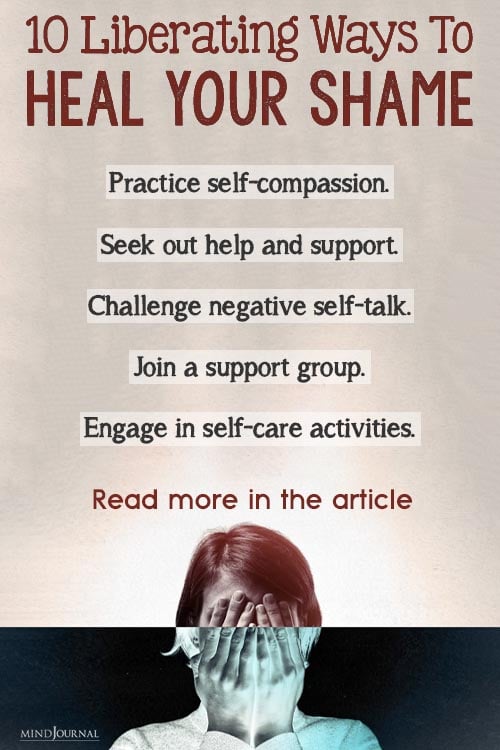


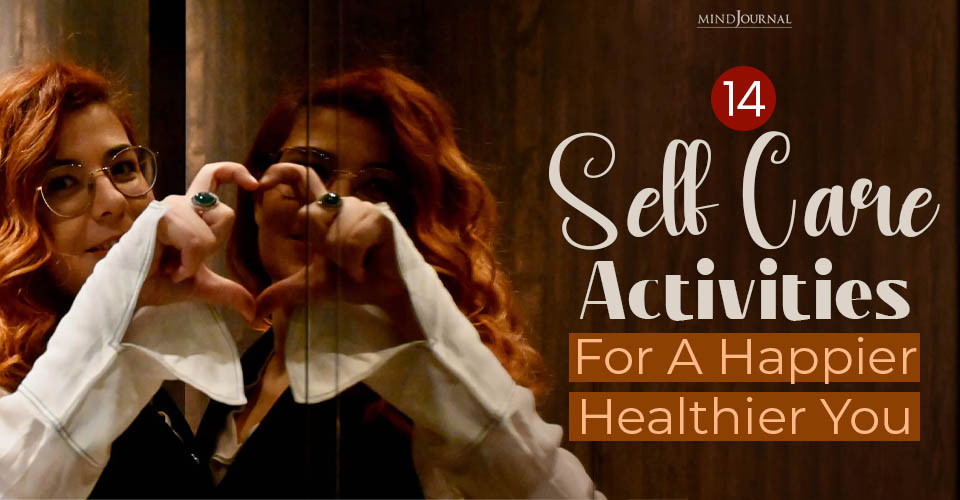
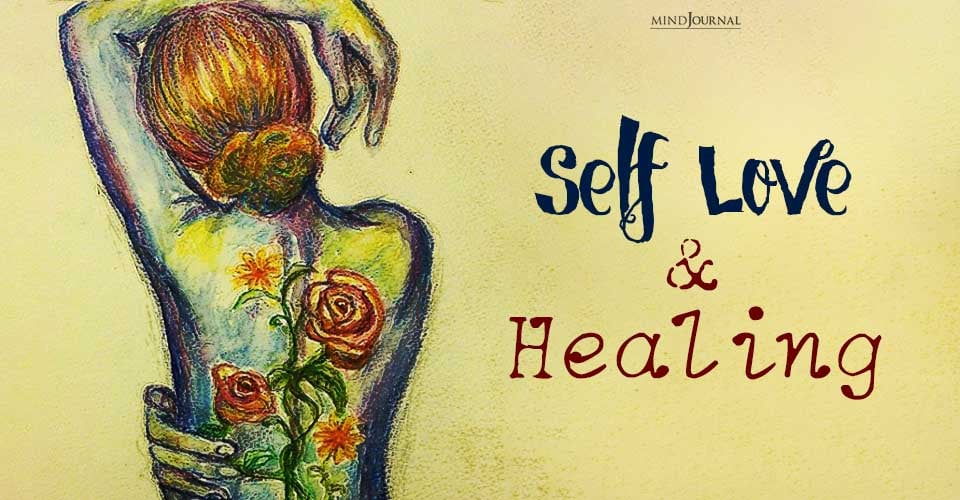
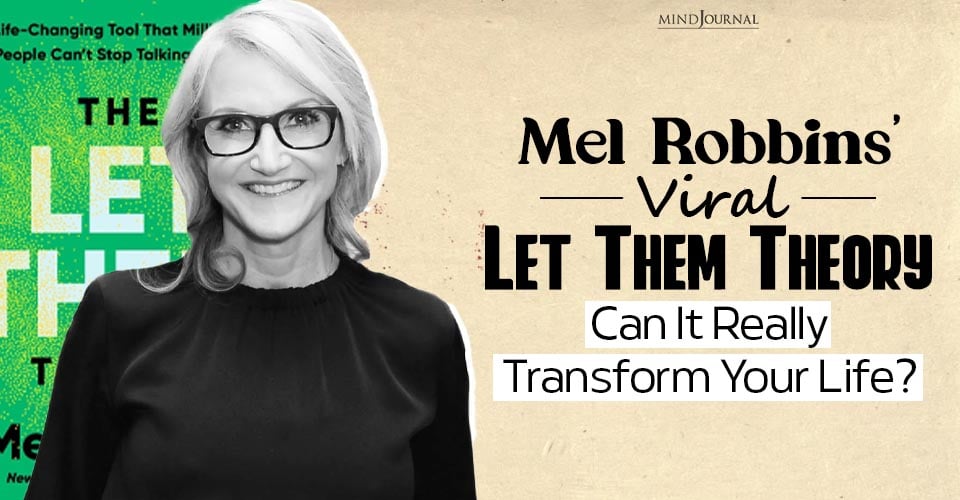


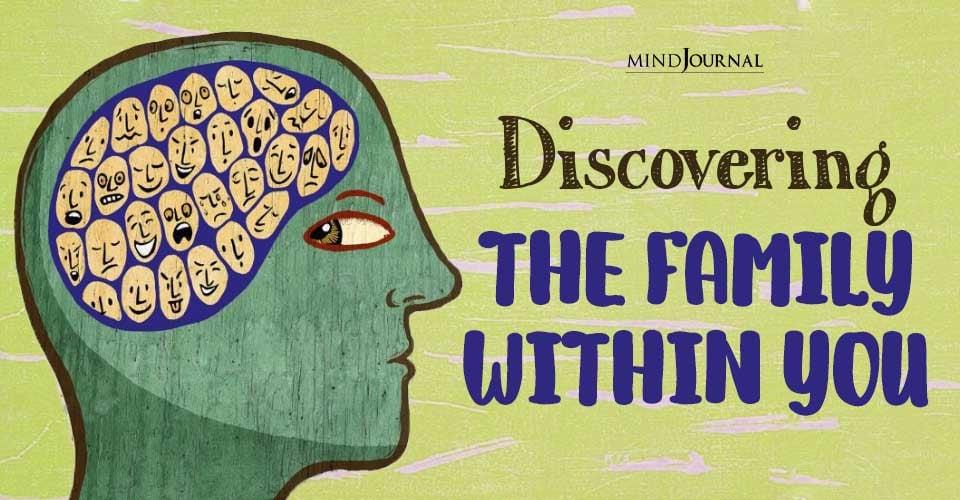
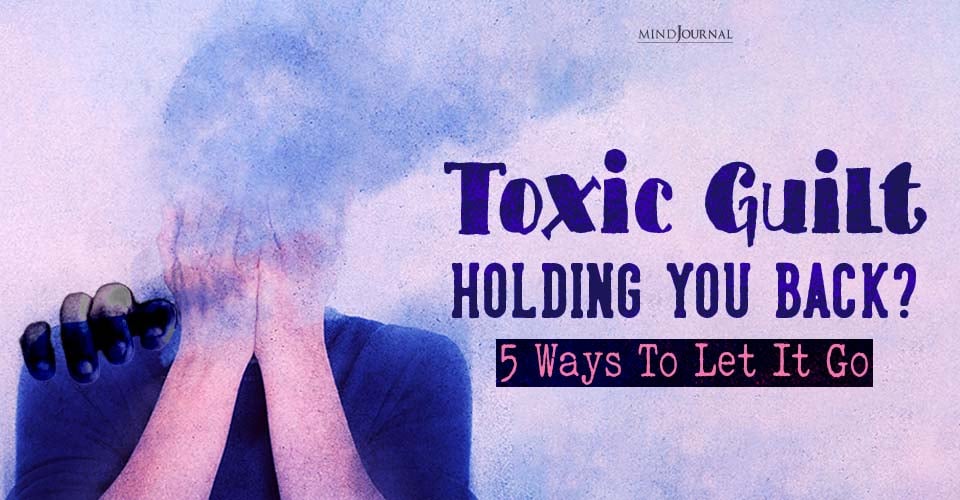
Leave a Reply